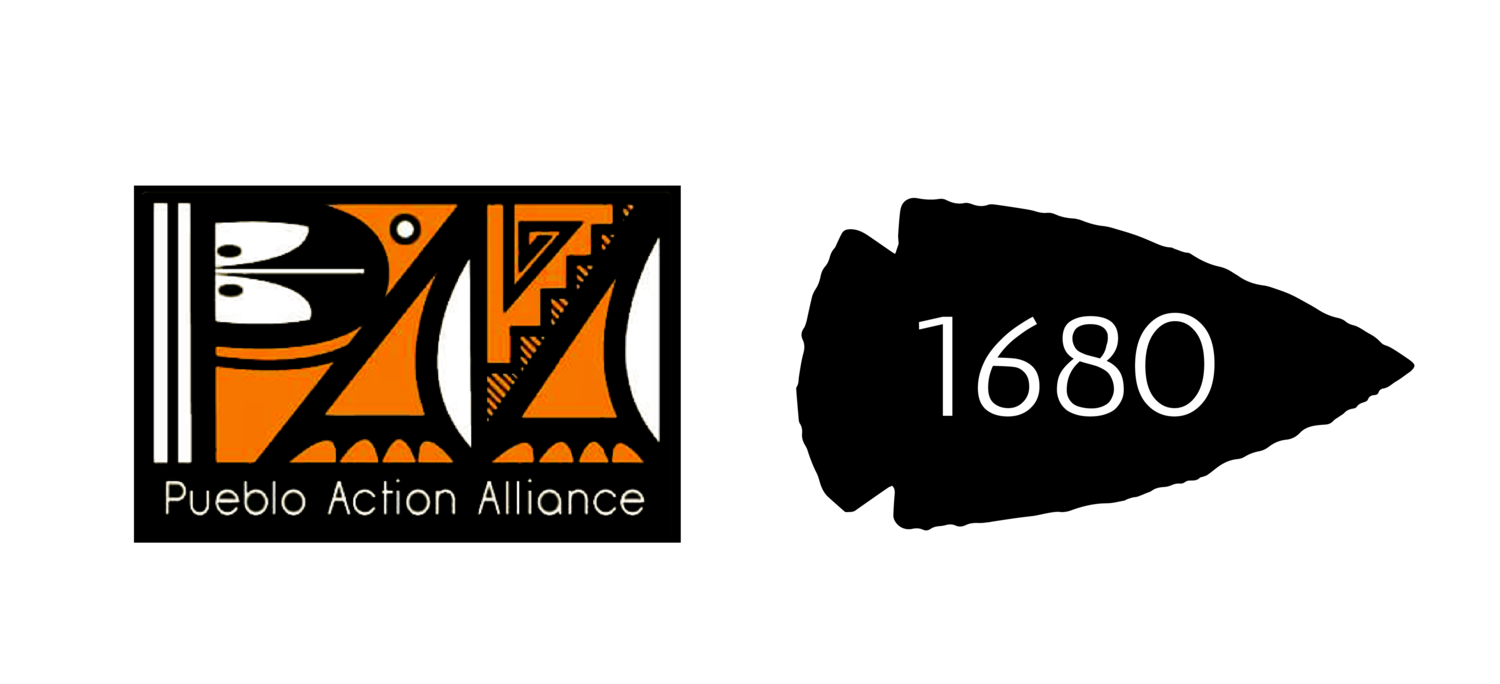Suicide Prevention Awareness Month
September is Suicide Prevention Awareness month, and we would like to encourage each other to invest in our communities by investing in our own mental health. We share this awareness not to re traumatize ourselves but to be cognizant of prevention and help raise awareness. Not only are we experiencing a pandemic that is disproportionately affecting our BIPOC relatives, but we are also absorbing severe amounts of trauma by watching African, Indigenous, and Chican/a/o/x peoples experiencing atrocities at the hands of colonizers in the media every single day. The cycles of oppression seem never ending at times, and many of us are being re-traumatized from witnessing these events that are so similar to what our ancestors experienced.
Suicide disproportionately affects Indigenous youth on Turtle Island. In the United States, Native communities experience higher rates of suicide than any other community. Suicide is the second leading cause of death for Native youth ages 10-24, and Native teen suicide rates are nearly 3.5 times higher than the national average.
There are strong ties between colonization and this epidemic that has plagued Indian Country. Substance abuse, inherited generational trauma, lack of health resources, and many other factors put our youth at risk. These risk factors have all been imposed on us by the settler state. The introduction of illnesses and substances to our people by Europeans are just one small piece, yet have had a profound impact on disconnecting us from our culture.
As Pueblo people and the descendants of revolutionaries, many of us carry trauma in our bodies. When our ancestors are traumatized, it changes the structure of their DNA. This trauma can then be physically inherited into our bodies, and even if we are unaware of it, it may manifest itself as depression, substance abuse, or another illness. This is why we believe it is incredibly beneficial to provide spaces for our youth to express themselves creatively and without judgement. Our youth have powerful voices that must be heard. At PAA, we are determined to create space for growth. Last month, Jaelynn Littlebear and Trenton DeVore completed their one-year commitment to our first ever youth internship initiative. Jaelynn conducted a video interview with her relatives about COVID and the Black Lives Matter Movement, while Trenton produced an online variety show with other young Native artists. We are so proud of the projects that our interns created, and we are looking forward to our next youth initiative.
It is crucial in this moment that we take care of our bodies, minds, and spirits. In order to keep fighting for our futures as Indigenous people, we must take care of ourselves and each other. The lives of our youth are precious, and we must protect them at all costs. We firmly believe that joy is a form of resistance, and that suicide is preventable. By working to heal ourselves, we have the power to heal our communities. Medicine can look different for all of us - whether it’s movement, creating art, or simply catching up with a relative over a phone call or a cup of coffee. None of these things should be taken for granted. Taking time to reflect and heal ourselves is not selfish, it is a beautiful and profound act of self care that can allow us to grow and be there for the people that need us most.
Creator did not put us here to suffer. A lack of healthy, positive representation of Indigenous people in the media coupled with the oppression we continue to experience from settlers can sometimes mask our beautiful Earth to feel like a place where our Indigenous youth do not feel valued or worthy. This is why it is up to us to love ourselves and our children as a radical act of resistance. To our Pueblo youth: your life is sacred. You belong, you are loved, and you are needed.
If you or someone you know is in emotional distress, contact the National Suicide Prevention Lifeline via 1-800-273-TALK (8255) or live online chat. Trained crisis workers are available to talk 24 hours a day, seven days a week. Your confidential, toll-free call goes to the nearest crisis center in the Lifeline national network. These centers provide crisis counseling and mental health referrals. There are also resources available through the New Mexico Department of Health.

